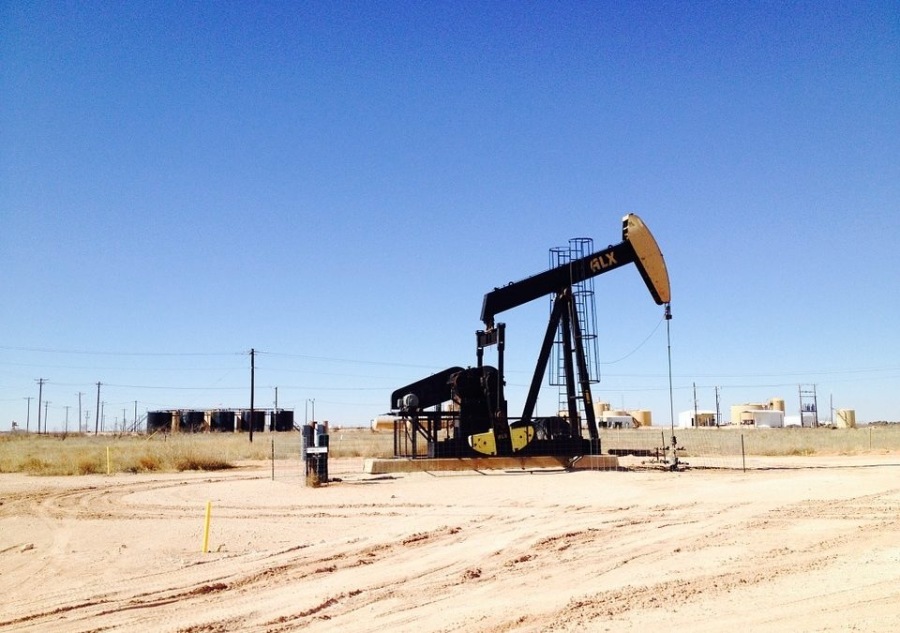A Brief History of Oil Fracking

Interest in energy independence is at an all-time high in the United States, but hydraulic fracturing, known as fracking, is an oil and gas extraction technology with which few people are familiar. Americans are more likely to know about the myths associated with fracking than its development.
Fracking is Not New Technology
Contrary to popular belief, fracking dates back to the 1880s and the Battle of Fredericksburg when Union officer Edward Roberts noticed that the concussive energy of shells landing in a canal was forced sideways by weight of the water.
He surmised that the same principle could be used to release greater quantities of oil from underground rock by exploding a torpedo in a borehole filled with water, and he was right. Fractured rock allowed more to escape. Described as superincumbent fluid tamping, this method was patented and used in the energy industry until the late 1930s.
Ongoing Improvements
Robert’s fracking technology was effective but unrefined. To improve yields, explosive fluids such nitroglycerin were used instead of water to fill boreholes, but in some cases, the force of explosions was so great that it produced excessive debris, blocking the flow of oil or gas as it tried to exit the well.
Drillers in the 1930s replaced explosive fluids with hydrochloric acid. As a corrosive agent, it etches permanent channels into rock, ensuring that wells remains open.
In 1949, Halliburton experimented with large scale techniques that could extend fractures for longer distances and increase access to deep reserves. Results were mixed, but in the process, the industry learned more about the characteristic of different types of rock beds, and methods were developed to extract more fuel from each.
By the mid 1970s, the U.S. government was actively promoting the development of fracking technology in hopes of reduce dependency on foreign oil.
Modern Fracking
In the 1990s, vertical wellbores were primarily replaced with horizontal drilling. Horizontal bores allow greater access to deep underground reserves, and when combined with fracking technology, they vastly improve well output.
Process refinements continue, and today, fracking is more productive than ever. Controversy remains over its health and environmental impact, but until alternative energy sources are developed, it’s expected to remain a viable and critical technology.
This blog was originally published on David Grislis website.Articles from David Grislis
View blog
Since the point of the foster care system in the United States is to keep children safe, it’s no sur ...

In 1892, Sir Frederick Arthur Stanley, the governor-general of Canada, paid ten guineas, or $50, for ...

Every year, there are new resolutions people would like to achieve. The common vows for many people ...
You may be interested in these jobs
-

Staff Mechanical Engineer
Found in: Lensa US 4 C2 - 1 day ago
Cieng Houston, United StatesStaff Mechanical Engineer (Food & Beverage)Staff Mechanical Engineer (Food & Beverage) C&I looking is for a talented and driven individual to join our teamWe are currently seeking a Staff Mechanical Engineer with experience designing food & beverage production facilities. The Mec ...
-
Financial Support Center Specialist
Found in: beBee S2 US - 4 weeks ago
Stanford University RedwoodCity, United States· Financial Management Services (FMS), a department within Business Affairs, is responsible for creating an ecosystem which promotes innovative and sound financial administration policies and practices that balance controls, compliance, and customer service. FMS is primarily res ...
-
Obstetrics and Gynecology Locum Tenens position in Evansville, Indiana
Found in: beBee S2 US - 3 days ago
Medestar Evansville, United States TEMPORARY_Join one of our top-rated hospital systems in Indiana. This opportunity · offer OB Hospitalists high earning potential, NO offsite call, and the ability · to collaborate with top physicians in the state._ · **Schedule:** · * In-House call · * Full flexibility to choose the days ...


Comments